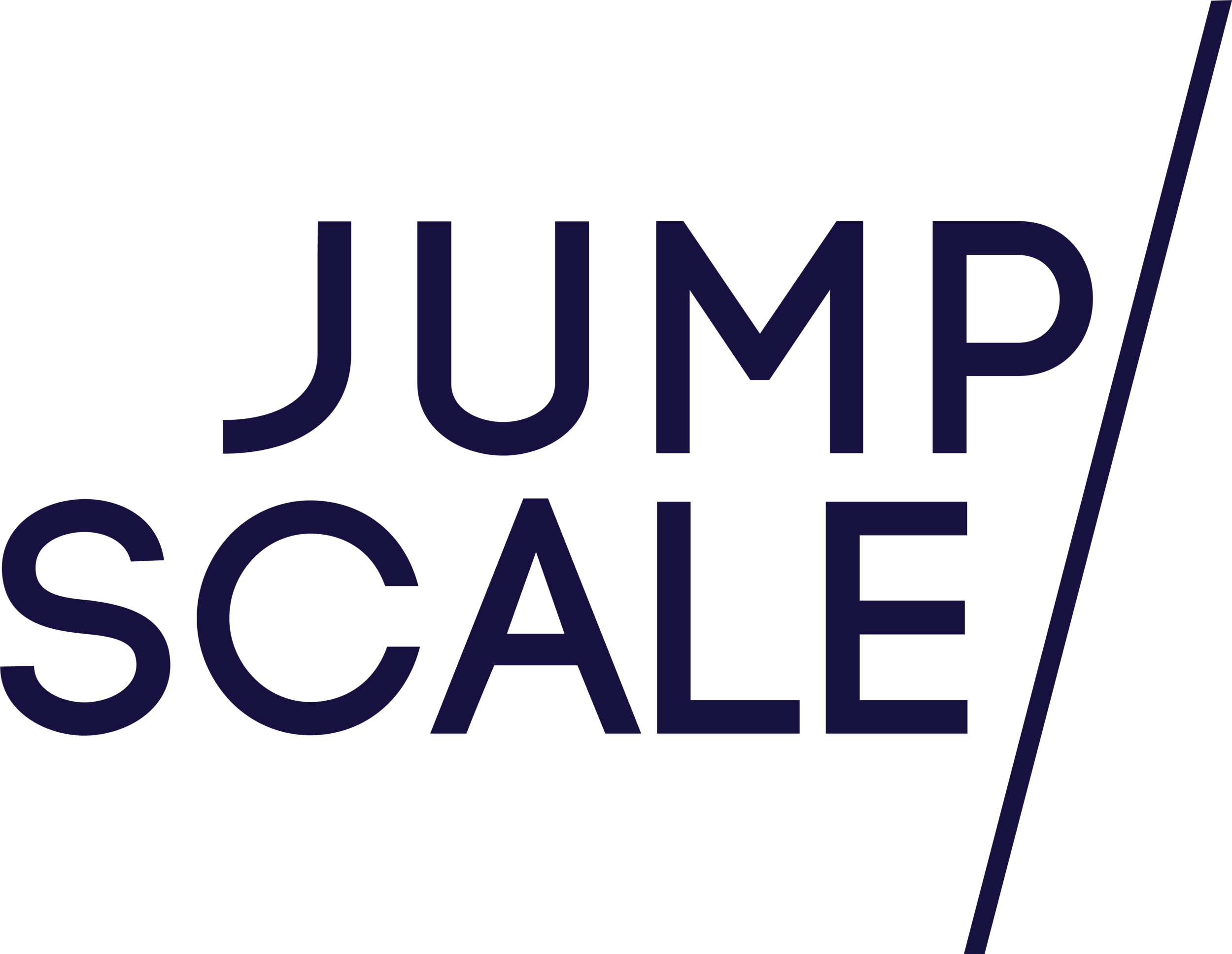Episode 1: The New Normal Available for Streaming
View Episode 1 of the New Normal, a live interview series on adaptation strategies for investment, business and society. Guest: Josh Knauer, JumpScale Co-Founder and Professor at Carnegie Mellon University who shared his insights from leading two impact companies to successful exits through several economic recessions, 9/11 and the H1N1 pandemic.
Hosts: Nikki Silvestri and Daniel Roth
Recap: Episode 1 - by Jordan Luftig
The COVID-19 pandemic is a health crisis whose second-order effects are an economic crisis of equally global proportions. The implications for investment, business and society are uncertain, yet likely to be profound and enduring. In this time of crisis (read: challenge and opportunity) it’s imperative for investors, CEOs and Executive Directors to respond with adaptation strategies. This is the backdrop for The New Normal, a live interview series co-hosted by JumpScale’s Daniel Roth and Nikki Silvestri.
Episode 1 featured Josh Knauer, also of JumpScale, who has the distinction of having led two impact companies to successful exits through multiple economic recessions, 9/11 and the H1N1 pandemic. Daniel and Nikki engaged Josh in a lively conversation centered around three questions (that will act as a focal point for all future conversations in the series):
What is the new normal?
What challenges are you experiencing in this new normal?
What adaptive strategies are you seeing or using that you think will be significant?
While the discussants gave scant attention to the first question (in their excitement to raise challenges and strategies!) the precious few words devoted to it spoke volumes. When Nikki circled back and asked Josh to answer the question outright, he replied with pith, “Constant change is the new normal.”
This statement opened up a rich discussion of challenges for investors, employers and employees alike—disruptions to life’s rhythms, missed rites of passage, emotional ripple effects—as well as adaptive strategies for leaders of organizations. Namely, refinding your balance among a new set of competing interests/needs, taking the necessary time (at home) to get yourself grounded and centered so you can show up healthy at work, operationalizing a spirit of generosity and taking your care of your people to a higher level.
The strategy of generosity/caring was driven home by a listener who commented: “This is a fantastic strategy (caring for your people) as ISOLATION is going to be one of the major contributors to addiction and mental health over this period… connecting with your people will be the big difference .”
Indeed, a key takeaway woven through the conversation had to do with adopting a human-centered approach to business. Listening to the professional journeys of the speakers, each in their own unique way came to the realization that organizational strategy and development, change management and leadership—all of the essential ingredients of business success (however defined)—require us to marry hard-nosed business savvy and decision-making with heart and soul. We know it when we see it, and Josh gave a timely example when he spoke of softening the blow of layoffs and furloughs by finding resources for people (e.g., government grants), helping them to refinance a mortgage, and more. In his words, “Try to make those transitions as gentle, loving, kind as possible… There’s no avoiding it [tough decisions in times of crisis]. How you do it will be your legacy.”
Several more adaptive strategies were revealed through Josh’s incredible story of leading his data software company through the 2008 recession and subsequent H1N1 pandemic, taking it from two weeks cash in the bank and no client deliverables to virtually overnight having a CNN truck outside its doors, media coverage around the world, and commercial interest from corporations. How? By being transparent with employees and having difficult conversations; by shifting perspective to the betterment of society and asking how, given organizational competencies and skill sets, they could help struggling communities; and by pivoting smartly, creating an essential product/service with a sound business model with scaled-down ambition to break even (enter a flu tracker!).
Finally... “We’re in this together.” Even if these exact words weren’t uttered, this sentiment-as-strategy came through loud and clear, from multiple angles. There was Josh cautioning against the “leader as savior” trap, inviting us to make sure we have shared leadership and strong teams and can lean on each other. There was a listener question on engaging knowledge experts from resource-scarce communities to help us get through periods of crisis and transition, to which Daniel mused on changing ideas of leadership, with these times requiring more of a council mentality and broad participation inclusive of people who have been dealing with chronic scarcity. Nikki added important nuance; find the people who have been living with limited resources who have a growth mindset (versus a fixed mindset) and who have institutional infrastructure supporting them—these people can fly!
How fitting that, at the beginning of the conversation, Daniel and Nikki set the stage by inviting us to breathe together. And then they shared their motivation for creating The New Normal: the series is meant to take us on a learning journey where we can be in community, share timely insights and inspiration, and together figure out what the new normal is and ought to be.
Check out our other Content
Events • In the News • Podcast • Our Articles • Videos
